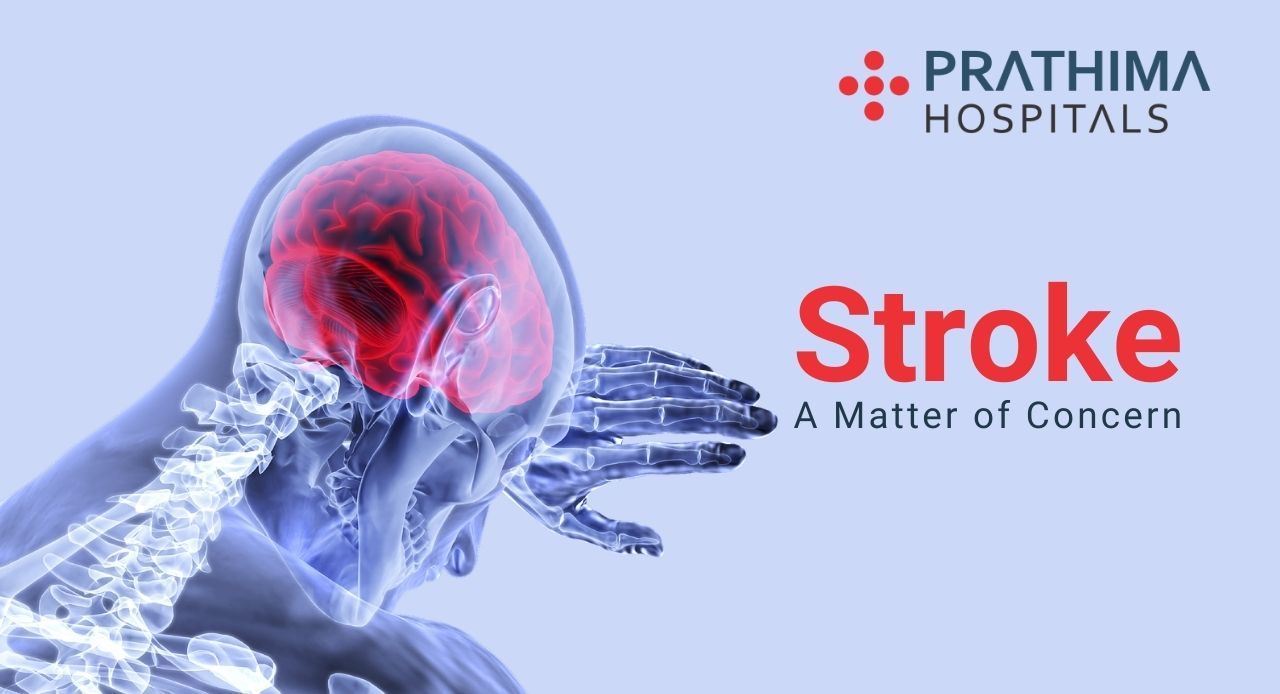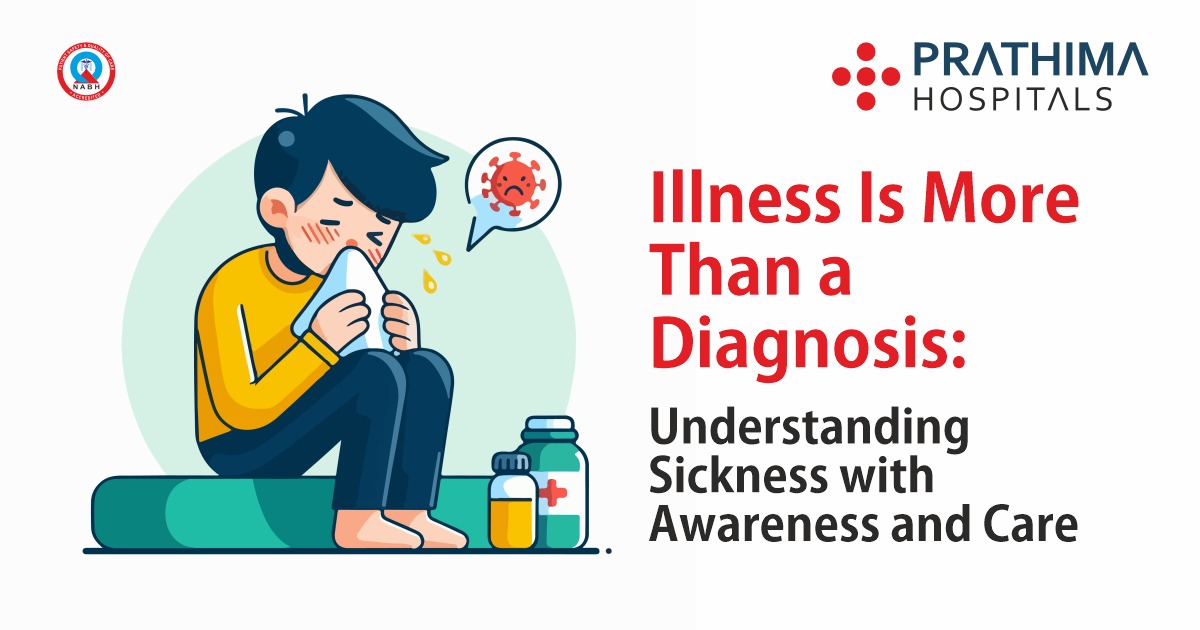Stroke: A Matter of Concern

Stroke is one of the most important causes of chronic illness and death worldwide. Stroke has been described by the World Health Organization as a rapidly growing clinical manifestation of, in some cases, a global disruption of cerebral function lasting more than 24 hours or leading to death for no apparent reason other than the origin of blood vessels. Vascular diseases and rashes are associated with hemorrhage and bleeding, although they occur mainly in older, younger people who do not survive. Neurologist in Kachiguda.
Types of strokes
The following are the types of stroke:
- Acute stroke: This occurs when a blood vessel ruptures. This is usually the result of aneurysms or arteriovenous malformations
- Ischemic stroke: This is the most common type of stroke, accounting for 87% of all cases. Blood pressure prevents blood and oxygen from reaching the brain area.
- Temporary ischemic attack: This occurs when blood flow to a part of the brain is short-lived. Normal blood flow resumes after a short time, and symptoms are resolved without treatment.
Causes of stroke:
The following are the causes of a stroke:
- Diabetes
- Heart disease
- Unemployed life
- Smoking
- High blood pressure
- Alcohol
- Obesity
- Age especially for adults
Signs and symptoms of stroke:
The following are the signs and symptoms of stroke:
- Difficulty speaking or understanding speech
- Confusion
- Forcing speech
- Visual problems, such as blurred vision in one or both eyes are dark or blurred, or double vision
- You have trouble walking
- Loss of balance or coordination
- Dizziness
- Shortness of breath
- Fainting or loss of consciousness
- Responsiveness towards command
- Headache
- Disability
- Numbness or weakness in the arm, face, and leg, especially on one side of the body
- Nausea or vomiting
- Hallucination
- Pain
- Common Weaknesses
- Sudden behavioral changes, especially rising anxiety
Stroke diagnosis
The following tests may be helpful:
- Echocardiogram: This test uses sound waves to create images of your heart and can detect the source of blood clots from your heart to your brain.
- A blood test to find blood clots.
- Computed tomography (CT) scan: A brain CT scanner uses X-rays to create images of your brain.
- Magnetic resonance imaging (MRI): MRI of the brain uses magnets and radio waves to create images of your brain.
- Carotid ultrasound or carotid angiography: this shows the inside of the arteries that carry blood to the brain.
Treatment of stroke
- Eat a healthy diet
- Check your weight
- Smoking and smoking should be avoided
- Not using recreational drugs
- Maintaining a healthy weight
- Get enough exercise
- Controlling blood pressure
- Managing diabetes
- Best Neurologist may prescribe some antibiotics and antimicrobials
Stroke Prevention
Remember this 5 S ’:
- Sudden difficulty of seeing one or both eyes.
- Severe dizziness and/or sudden loss of balance, coordination, or ability to walk
- Sudden numbness or weakness in the face, arm, or leg, especially on one side of the body.
- Sudden difficulty of understanding or speaking. There may be some vague or confusing speech.
- Sudden and severe headaches for no reason
If you notice these symptoms please contact your doctor as soon as possible.
Why are Prathima hospitals different?
Our Neurology Department provides a variety of research including electrophysiology studies, EEG, sensory studies, CT scans, and MRI scans. Investigations such as CT and MRI scans are available 24 hours a day at the hospital. We also have experienced Neuro doctors and Neuro Surgeons specialized in dealing with stroke. Prathima Hospitals is considered one of the best neurology hospitals in Hyderabad treating several patients with different neurological health problems.
Major Conditions Treated:
- Epilepsy
- Parkinsonism
- Amyotrophic Lateral Sclerosis (ALS)
- Multiple sclerosis
- Alzheimer’s disease
- Tourette’s Syndrome
- Neuromuscular Diseases
- Congenital spinal disorders
- Stroke
- Depression
Technology & Resources:
- Management of all types of abscesses and spinal disorders, and bleeding strokes
- Technically integrated surgery of the carotid and coronary arteries
- State-of-the-art EEG and ENMG lab
- 24/7 availability of CT scan and MRI scan extension
- The OT is equipped with a working microscope, high-speed testers, a C arm, and small instruments.
- Expertise in the management of stroke in the golden hour (thrombolysis-clot lysis)
- Experience in the treatment of epilepsy, joint heart attacks, brain attacks (stroke), and neuralgias
- Survivor care services provided in ICUs Neurologist in Kphb.
Need any medical assistance, we are here for you.
Contact: 04043454345 or Book an appointment






Warning: Undefined variable $req in /home/u885608126/domains/prathimahospitals.com/public_html/wp-content/themes/prathimahospitals/functions.php on line 294
Warning: Undefined variable $commenter in /home/u885608126/domains/prathimahospitals.com/public_html/wp-content/themes/prathimahospitals/functions.php on line 295
Warning: Trying to access array offset on value of type null in /home/u885608126/domains/prathimahospitals.com/public_html/wp-content/themes/prathimahospitals/functions.php on line 295
Warning: Undefined variable $aria_req in /home/u885608126/domains/prathimahospitals.com/public_html/wp-content/themes/prathimahospitals/functions.php on line 295
Warning: Undefined variable $req in /home/u885608126/domains/prathimahospitals.com/public_html/wp-content/themes/prathimahospitals/functions.php on line 298
Warning: Undefined variable $commenter in /home/u885608126/domains/prathimahospitals.com/public_html/wp-content/themes/prathimahospitals/functions.php on line 299
Warning: Trying to access array offset on value of type null in /home/u885608126/domains/prathimahospitals.com/public_html/wp-content/themes/prathimahospitals/functions.php on line 299
Warning: Undefined variable $aria_req in /home/u885608126/domains/prathimahospitals.com/public_html/wp-content/themes/prathimahospitals/functions.php on line 300
Warning: Undefined variable $commenter in /home/u885608126/domains/prathimahospitals.com/public_html/wp-content/themes/prathimahospitals/functions.php on line 303
Warning: Trying to access array offset on value of type null in /home/u885608126/domains/prathimahospitals.com/public_html/wp-content/themes/prathimahospitals/functions.php on line 303